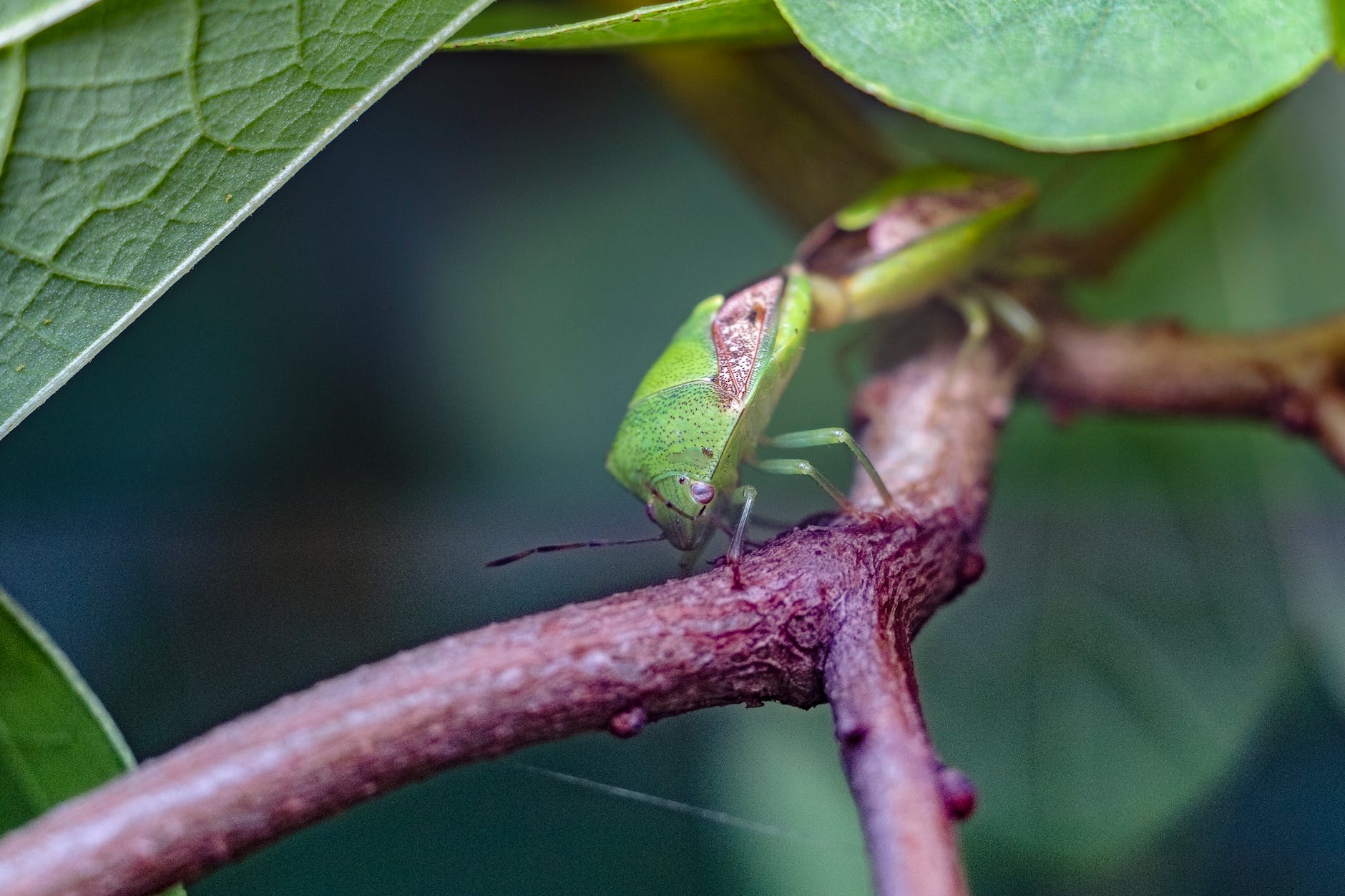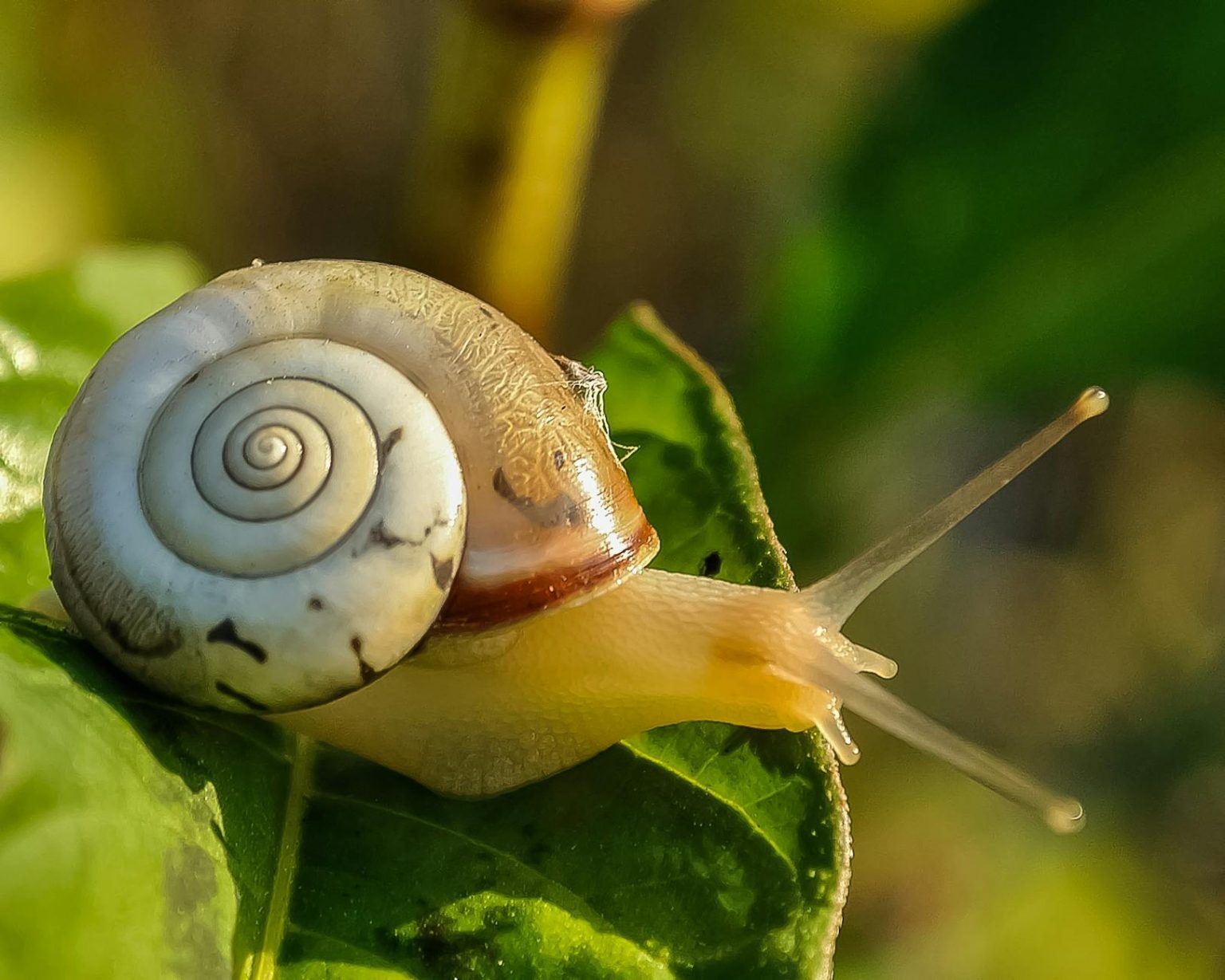In the idyllic gardening world, pests are the Darth Vaders to our horticultural Lukes, constantly threatening the balance of our floral and vegetable galaxies. But fear not, for just as the Force has its ways, we too can harness the magic of nature to battle these garden foes. In this comprehensive guide, I’ll lead you through a garden odyssey, harmonizing with the earth’s ingenious pest control methods, ensuring your plot remains beautifully pest-free – all without the dark side of chemical intervention.
Creating a Natural Pest Control Strategy

Introduction
For the uninitiated green thumb, pest control brings harsh chemical substances and a scorched earth approach to mind. However, the modern gardener is awakening to a gentler truth: nature has its delicate systems of checks and balances. Approaching pest management with the light touch of natural methods protects our environment and health and yields a genuinely organic and vibrant garden.
The Perils of Pesticides
While effective, pesticides come with a laundry list of potential environmental and health hazards. They can harm beneficial insects, contaminate water sources, and even work their way into our food. Moreover, the sustainability of chemical use has been questioned, considering the rise of pesticide-resistant pests that challenge the effectiveness of these powerful chemicals.
Understanding Natural Pest Control
Defining Natural Pest Control
At its core, natural pest control is the art of maintaining the delicate ecological balance in our gardens to minimize pest damage. This is often achieved by introducing natural predators, altering the environment to be hostile to pests, and fostering healthy plant growth that can better withstand attacks.
The Virtues of Going Natural
Choosing a natural approach to pest control is a vote for sustainability and long-term environmental health. You preserve biodiversity, maintain soil fertility, and contribute to a robust ecosystem that can manage pests independently. Additionally, the produce from a natural garden is often more nutritious and flavorsome, free from the lingering taste of synthetic chemicals.
Identifying Common Garden Pests
The Usual Suspects: Pest Introductions
Before battling garden pests, you need to know your enemy. Common garden pests range from tiny aphids to the more ostentatious deer, and each comes with its own set of dietary preferences and destruction. Identifying these pests can be your natural control strategy’s first line of defense.
Pest Patrol: How to Spot Trouble
- Physical Damage: Look for signs of nibbled leaves, holes, or stem breakage.
- Excretion Evidence: Certain pests leave droppings or honeydew secretions that clearly show their presence.
- Insect Identification: Regular garden inspection will allow you to spot and identify the culprits.
Natural Pest Control Methods
Companion Planting: Making Friends and Warding Off Enemies
Companion planting is placing specific plants together to benefit one or both plants. Regarding pest control, certain plants can repel or confuse insects, protecting their neighboring species.
Attracting Beneficial Insects: Engaging the Avengers
Encourage ladybugs, lacewings, and other beneficial predatory insects to reside in your garden. By planting nectar-rich flowers such as dill, fennel, and marigolds and providing shelter like tall grasses and shrubs, you can create a welcoming environment to support and increase their populations. This natural pest control method helps maintain a healthy balance in your garden and minimizes the need for chemical pesticides.
Homemade Pest Sprays and Deterrents: Grandma’s Remedies Revisited
Homemade remedies for gardening pests can involve creating a garlic spray to deter aphids or concocting a soap and water mix to suffocate soft-bodied pests like spider mites. These natural solutions provide an eco-friendly and cost-effective approach to pest control, promoting a healthy garden environment without harmful chemicals.
Physical Barriers and Traps: Keeping Pests Out or Captured
Simple barriers like row covers or mulches can prevent pests from accessing your plants. Additionally, utilizing traps, such as beer traps for slugs or sticky traps for flying insects, can further help protect your garden from unwanted intruders. Ticky traps for flying insects keep the population in check.
Creating a Pest-Resistant Garden
The Foundation of Resistance: Soil Health
A fertile, balanced soil provides the nutrients that allow plants to defend against pests naturally. Techniques such as composting and organic mulching can improve soil health over time, decreasing the need for external intervention.
The Bodyguard Concept: Proper Plant Selection and Spacing
Some plants have naturally resisted specific pests due to their genetic makeup. By deliberately choosing and strategically spacing these plants in your garden, you can establish a natural barrier that effectively diminishes the success rate of pests, contributing to a healthier and more vibrant garden ecosystem.
Good Garden Hygiene: The Doctor’s Note
Regular weeding, pruning, and cleaning up garden debris are crucial tasks that help eliminate hiding spots and food sources for pests such as insects and rodents. By maintaining a tidy garden, you not only create a visually appealing outdoor space but also contribute to the overall health and vitality of your garden environment. Regular maintenance keeps your garden looking beautiful, helps prevent pest infestation, and promotes the well-being of your plants.
Case Studies and Success Stories
Real-Life Applications of Natural Control
Hear from gardeners who have successfully implemented natural strategies to control pests in their gardens. Whether it’s a community garden or a small backyard plot, these methods are adaptable and practical.
Before and After: Visualizing the Impact
Imagine the remarkable transformation from a garden plagued by pests to a resilient and thriving one. These visual testimonials serve as a powerful testament to the effectiveness and impact of employing natural pest control strategies, showcasing the beauty of a garden that has overcome challenges and flourished in harmony with nature.
Conclusion: Embracing the Natural Way
As we end our exploration, the underlying theme is clear: nature offers abundant wisdom for our gardening concerns. By aligning with the earth’s pest control systems, we safeguard our environment and nurture a more fulfilling and effective garden.
Your Garden, Your Legacy
The practices you adopt in your garden today will echo in your harvests tomorrow. This is an opportunity to leave a legacy of sustainability and stewardship, a legacy free from bugs and the burden of chemical reach.
Embark on this natural pest control journey confidently, and watch your garden thrive with a newfound vibrancy. Your legacy will be the garden you grow and the knowledge you share. The bugs may come, but with your natural arsenal, they won’t conquer.
